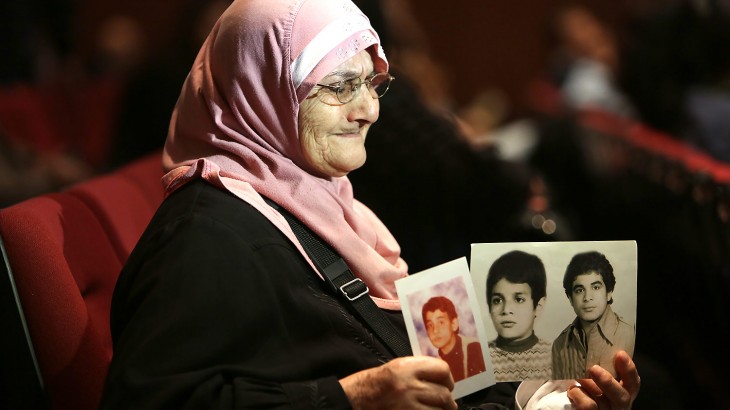 The shopping mall that’s now home to 400 Syrian families – Source
The shopping mall that’s now home to 400 Syrian families – Source
If we examine ESCWA’s study on the population growth in Lebanon, the population size of Lebanon increased from 2.6 million in 1980 to 4.3 million in 2010 and was expected to reach 5 million by end of 2015, however the Syrian crisis has changed all that and Lebanon’s population is expected to hit almost 6 million by the end of this year (Source: UNHCR).
The economic and social impact of the Syrian crisis is reaching new heights every year as the mass influx of refugees into Lebanese territory continues. There are at least 1.5 million Syrians registered with UNHCR as refugees and at least half a million more residing here but not registered. For this purpose, the Lebanon Crisis Response Plan (LCRP) was initiated to “describe how the Government of Lebanon and its partners will work together to reinforce stability through this crisis while also protecting Lebanon’s most vulnerable inhabitants, including de facto refugees”. The funding required for this plan is a bit over $2 billion dollars and is aimed at helping 3.3 million people in need, out of which 1.5 million are Lebanese, 1.5 million Syrian and 300,000 Palestinian. If we look at the numbers they are quite scary as the number of poor has risen by nearly two-thirds since 2011 and Lebanese unemployment has doubled.
Here are some of the projections (December 2015) stated in the report:
– Estimated population currently living in Lebanon: 5.9 million.
– Estimated people in need: 3.3 million (1.5M Lebanese, 1.5M Syrian, 300K Palestinian).
– 1 in 4 is displaced.
– Economic losses due to the Syrian crisis: $7.5 Billion dollars.
– 348,300 Lebanese, Syrian and Palestinian children are out of school compared to 300,000 enrolled in public schools
– 61% more POOR inside Lebanon since 2011.
– 92% of sewage running untreated into watercourses.
– 1.5 Million Lebanese are below the poverty line.
I think it’s the perfect time to organize an international fundraising conference to help Lebanon, and more importantly appoint an international committee or group to implement the LCRP just to make sure money doesn’t end up in the wrong pockets. Moreover, I think all NGOs should cut down their operational costs to a strict minimum in Lebanon in order to allocate most of their budgets to helping out refugees. You can read the full report [here].










I agree in general, esp. with the part about reducing operational costs – as someone who works in the NGO/charity field I see how organizations easily get bloated with expenses that take away from their mission (that said, I am biased and quite proud that my org does quite well with the financial end of stewardship). What I disagree with is that you said ALL orgs should do this. There is a significant crisis going on here, no doubt on that, but we also have children and marginalized populations that are not being helped or are over-looked. Are we going to ignore the Palestinian, street children, migrant workers, domestic violence victims, and others that need help?
Another thing that happens with NGOs and charity work is that money can get locked into specific channels and donors can get quite moody when giving. I know of one group that had money donated for winterization supplies, but the money wasn’t released until this last week. Well, the money is designated for winterization and can’t be used for other items – based on donor expectations and fiscal guidelines. Unfortunately there’s big money for charity work and people want to take advantage of it for personal gain. Sad.
there is only ONE solution: sending them back to safer areas in syria which im SURE there are
Arent they bringing enough children ???